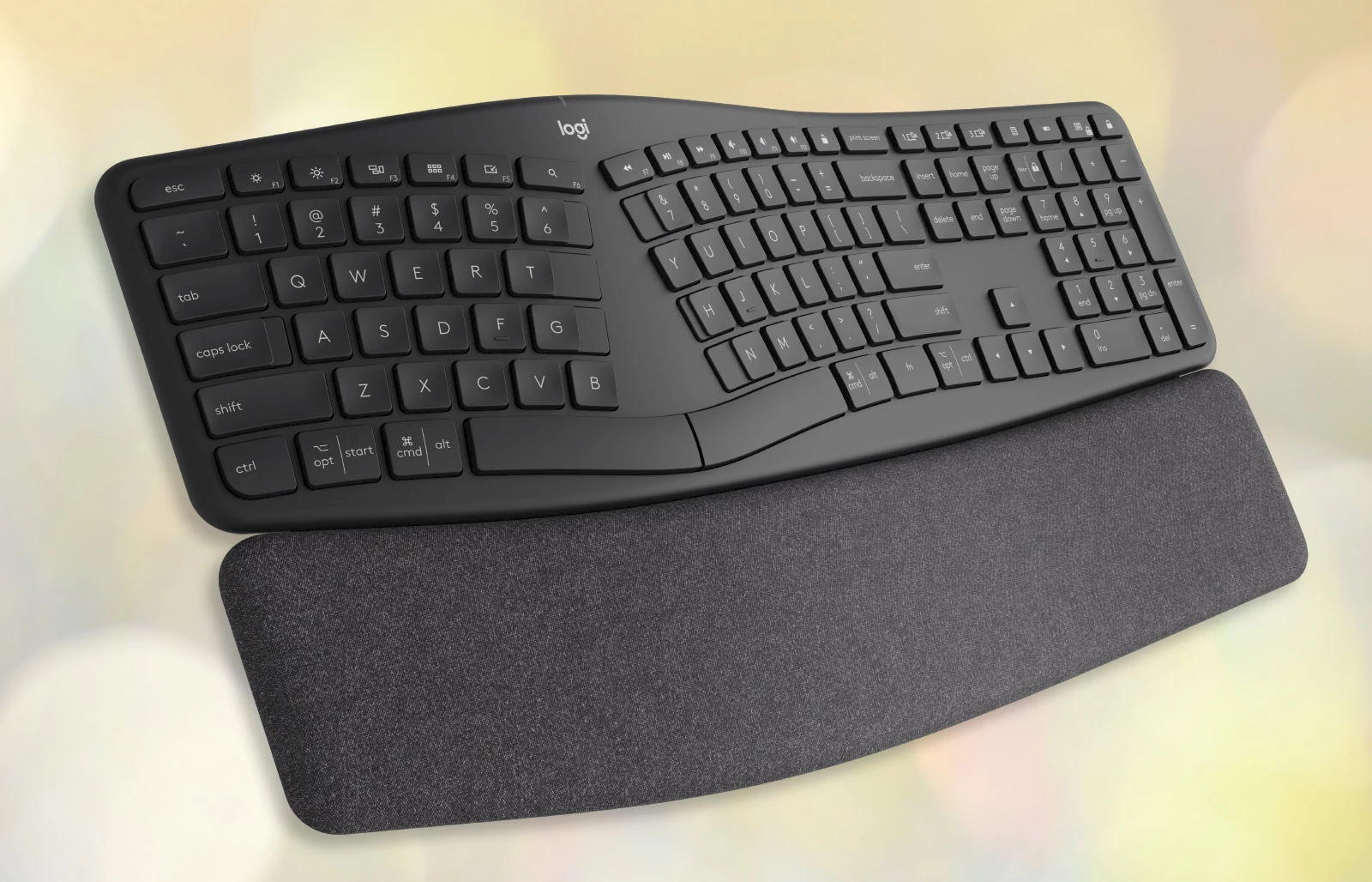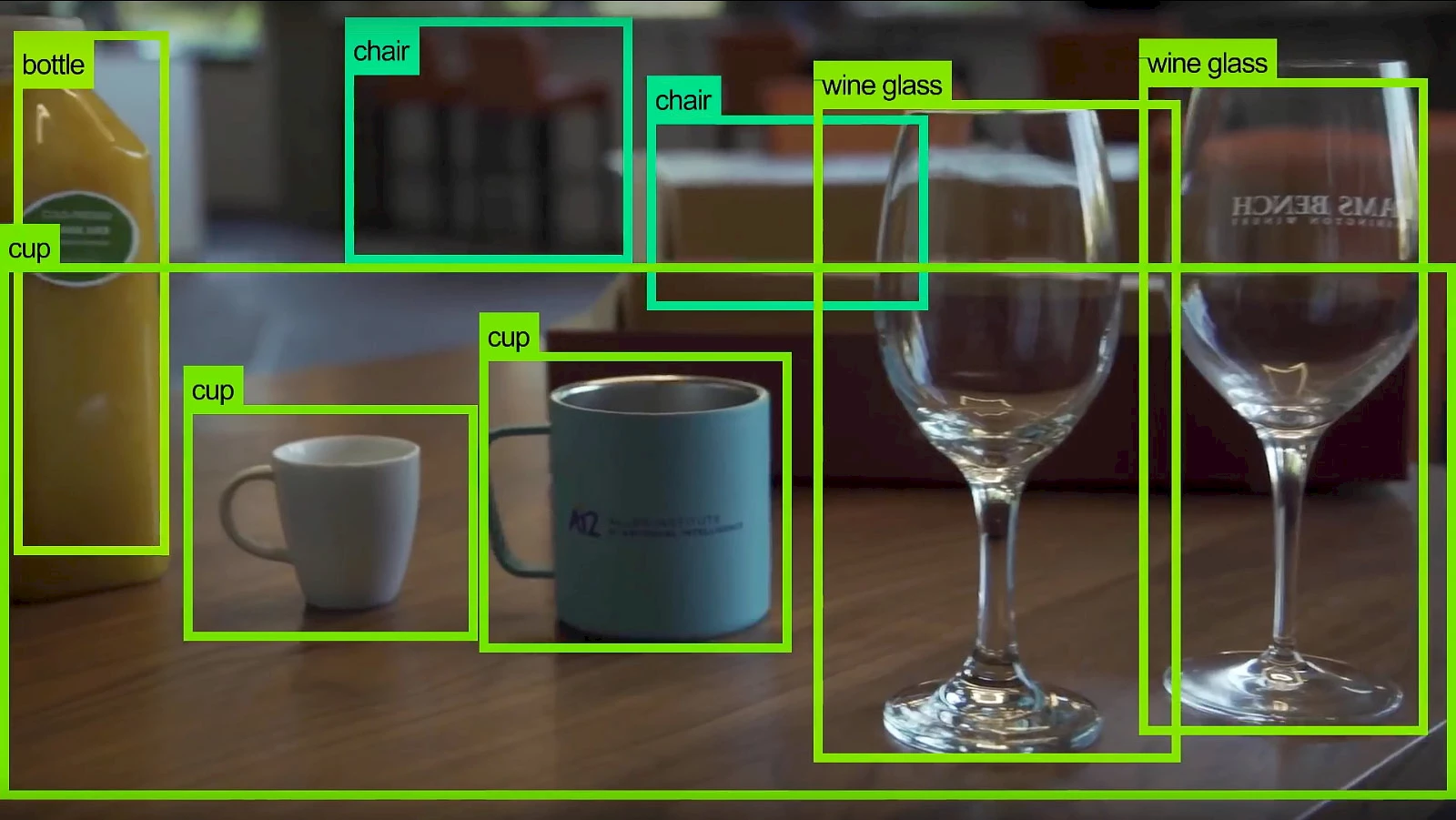Weekly Tech Recap - № 243 - Microsoft carbon negative, Ergo K86 keyboard, Xnor.ai, PinePhone, etc.

Microsoft commits to carbon negativity

Microsoft President Brad Smith, Chief Financial Officer Amy Hood and CEO Satya Nadella. © Brian Smale, Microsoft.
Microsoft has been carbon neutral since 2012, canceling out its emissions by purchasing renewable energy and carbon offsets. Today, the company committed to becoming carbon negative by 2030, meaning that it plans to draw down more planet-heating carbon dioxide than it emits. It has even said that by 2050 it will remove from the environment all the carbon the company has emitted either directly or by electrical consumption since it was founded in 1975. Finally, the company is also launching an initiative to use Microsoft technology to help its suppliers and customers around the world reduce their own carbon footprints and a new $1 billion climate innovation fund to accelerate the global development of carbon reduction, capture, and removal technologies. To support all this, Microsoft will publish an annual Environmental Sustainability Report that provides transparency on its progress, based on strong global reporting standards. It will also launch a new tool, the Microsoft Sustainability Calculator that analyzes the estimated emissions from Azure services through a Power BI dashboard.
⇨ YouTube, “Explainer: Understanding the Math Behind Microsoft’s Commitment to Become Carbon Negative by 2030.”
⇨ The Verge, Justine Calma, “Microsoft wants to capture all of the carbon dioxide it’s ever emitted.”
⇨ Official Microsoft Blog, Brad Smith, “Microsoft will be carbon negative by 2030.”
Ergonomic keyboard from Logitech


Ergo K86. © Logitech.
Logitech is expanding its ergonomic product line with a new, wireless keyboard called Ergo K860. Its wave-like surface provides better support for the wrists, improves posture and reduces muscle strain. According to Logitech, the ERGO K860 reduces muscle activity by 21% in the upper trapezius, a key muscle in the centre of the back that stabilizes shoulder and neck movement. A pillowed wrist rest reduces wrist bending, a common culprit of musculoskeletal disorders. Finally, the keyboard tilts forward to accommodate various different work positions, for example standing. The Ergo K860, which sells for USD150, is compatible with Windows and macOS. It connects to your computer directly through Bluetooth or through a USB receiver (provided).
⇨ YouTube, “ERGO K860 Ergonomic Split Keyboard.”
⇨ Circuit Breaker, Chaim Gartenberg, “Logitech’s new split Ergo K860 keyboard expands its ergonomic accessory lineup.”
Chrome phases out third party cookies support

Cookies! © iStock.
Google is planning to phase out support for third-party cookies in Chrome within two years. The announcement only comes after similar updates by Chrome’s main competitors, but is still a big win for privacy advocates, who have long decried the use of cookies, which allow companies to quietly track users’ browsing patterns.
⇨ Chromium Blog , Justin Schuh, “Building a more private web: A path towards making third party cookies obsolete.”
⇨ Ars Technica, Dan Goodin, “Google plans to drop Chrome support for tracking cookies by 2022.”
Apple acquires Xnor.ai

Reconnaissance d’objets. © Xnor.ai.
With no fanfare, Apple acquired Xnor.ai for USD200 million. The Seattle-based start-up specializes in developing image recognition tools that work locally, independent of the cloud, unlike most AI solutions. One major advantage of local computing is privacy; the problem is that most devices out there just don’t have enough computing power fotr AI. Xnor.ai has developed technologies that don’t require powerful processors or connections to distant servers. Apple commented the news with its boilerplate statement for this kind of quiet acquisition: “Apple buys smaller technology companies from time to time and we generally do not discuss our purpose or plans.”
⇨ Tech Crunch, Devin Coldewey, “Apple buys edge-based AI startup Xnor.ai for a reported $200M.”
PinePhone

PinePhone. © Pine64.
Have you had it with the Android/iOS duopoly? Here is the PinePhone, a device on which you can install your own Linux OS. The handset comes with no pre-installed system so users can flash their own OS. There are several available, from Ubuntu Touch to Sailfish OS, but they are all currently in an unfinished alpha state. Pine64 says that only enthusiasts with “extensive Linux experience” are the intended customers here – it’s not a mainstream product. Users looking for a stable, mainstream product will have to wait until the release of the final version, a few months from now. The PinePhone is powered by an Allwinner A64 SoC, which features four Cortex A53 CPUs at 1.2GHz. The device has 2GB of RAM, a Mali-400 GPU, 16GB of storage, and a removable 2750mAh battery. The display is a 1440×720 IPS LCD, the rear camera is 5MP and the front camera is 2MP. There’s a headphone jack, a USB-C port, and support for a MicroSD slot, which you can actually boot operating systems off of. The cellular modem is a large separate chip that is soldered onto the motherboard: a Quectel EG25-G. Available as of January 17 for USD150.
⇨ Ars Technica, Ron Amadeo, “The PinePhone starts shipping—a Linux-powered smartphone for $150.”
Major Windows 10 security flaw

© iStock.
Microsoft addressed a severe bug (CVE-2020-0601) in Windows 10 and Windows Server 2016/19 reported by the NSA that allows an attacker to spoof the digital signature tied to a specific piece of software. Such a weakness could be abused by attackers to make malware appear to be a benign program that was produced and signed by a legitimate software company. Don’t delay — patch today!
⇨ Krebs on Secutity, Brian Krebs, “Patch Tuesday, January 2020 Edition.”
